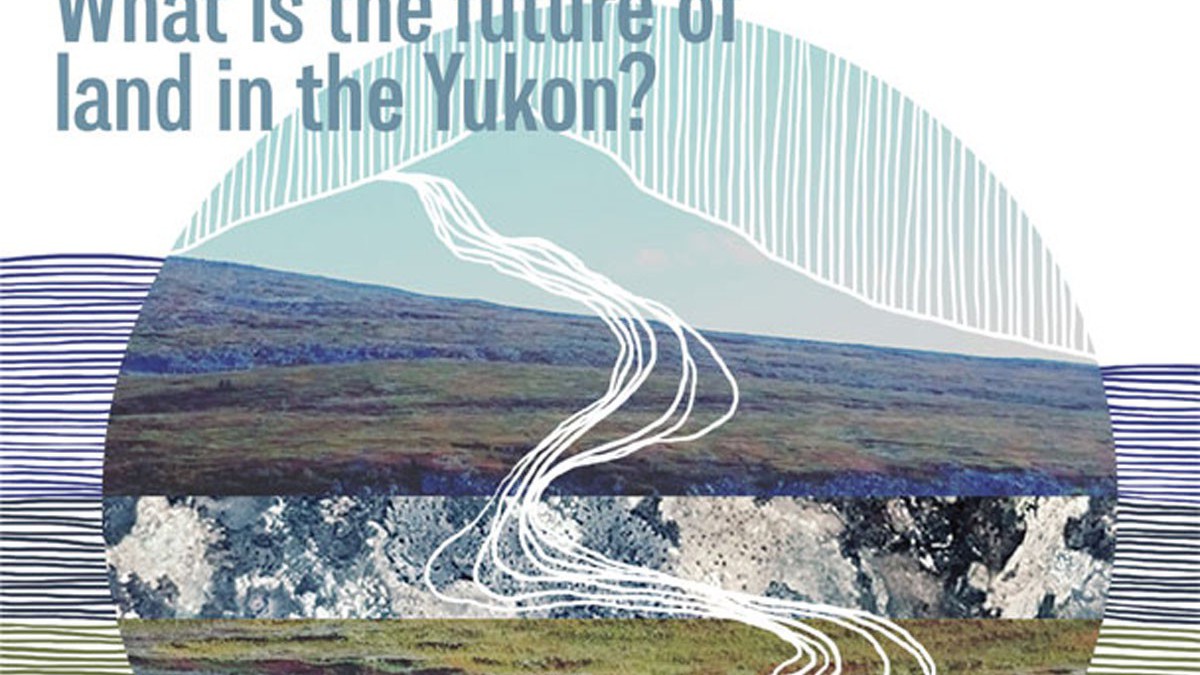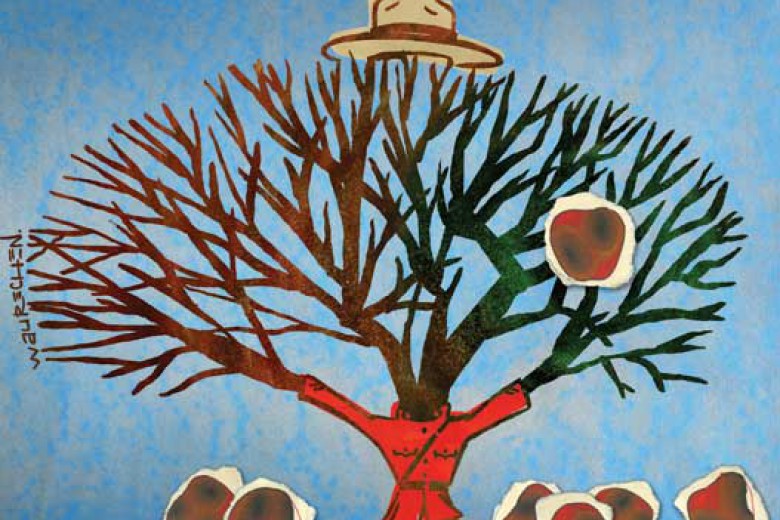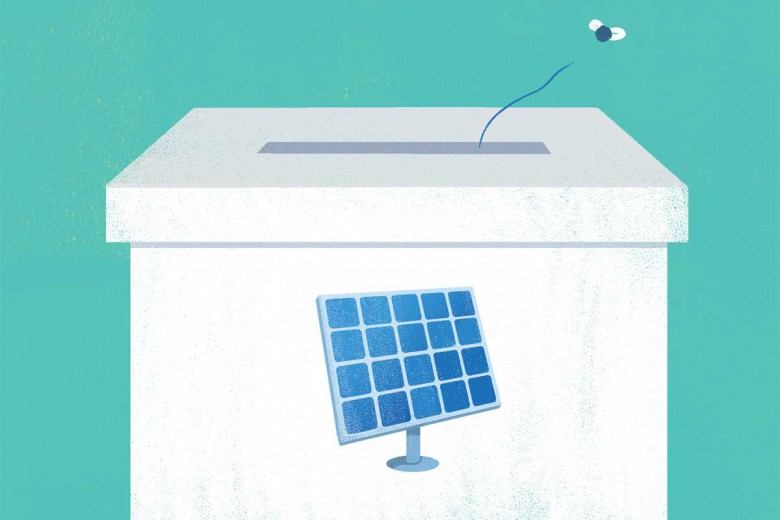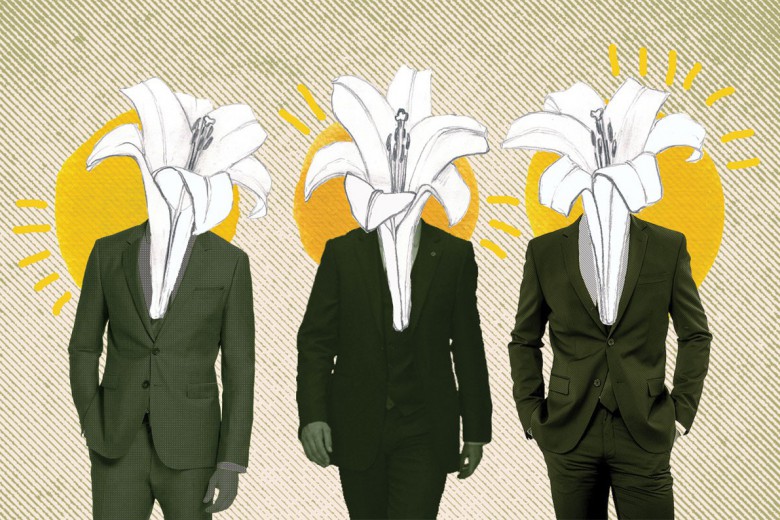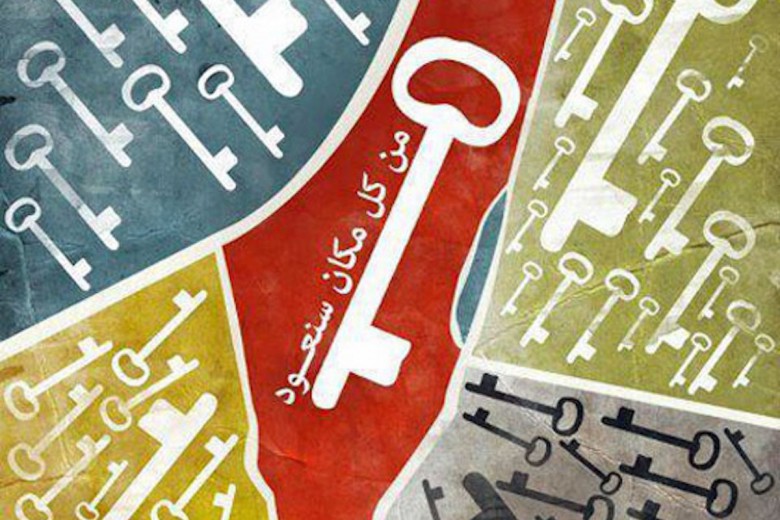We always appreciate letters to the editor at Briarpatch, and I recently found myself considering what it would be like to open a letter like the one Ursula K. Le Guin penned to the editor of The Oregonian. Le Guin, a novelist and poet best known for her science fiction, was responding to another letter that had likened the “alternative facts” of the Trump administration to science fiction. “The comparison won’t work,” she wrote. “We fiction writers make up stuff … and we call it fiction because it isn’t fact.” She continued, “A lie is a non-fact deliberately told as fact. Lies are told in order to reassure oneself, or to fool, or scare, or manipulate others. …Lies are seldom completely harmless, and often very dangerous. In most times, most places, by most people, liars are considered contemptible.”
While it’s true that lying is the Trump administration’s modus operandi, on this side of the border, Prime Minister Trudeau is benefitting from the proximity by appearing to be the reasonable leader. Take the tweet he wrote after Trump signed the executive order banning Syrian refugees and citizens of seven Muslim-majority countries: “To those fleeing persecution, terror & war, Canadians will welcome you, regardless of your faith. Diversity is our strength. #WelcomeToCanada”
This is a typical Trudeau strategy: respond with lofty language without following through with action. Trudeau’s government has not done much to open borders: it has not revoked the Safe Third Country Agreement, which prevents refugees in the U.S. from making claims for asylum in Canada, nor has it raised its stifling cap on refugees set for 2017. As Martin Lukacs outlined in his piece for The Guardian, “many desperate and endangered people will not be able to come to Canada, despite there being groups ready to welcome and host them. Sparkling in his symbolism, Trudeau has been desultory in his deeds.” Trudeau undoubtedly benefits from being the comparatively progressive leader without openly resisting Trump.
This isn’t the only example of Trudeau’s sweet-tweet strategy. The early days of Trudeau’s government were marked by his commitment to the United Nations Declaration on the Rights of Indigenous Peoples and to the 94 recommend-ations of the Truth and Reconciliation Commission. His public position on reconciliation starkly contrasted his approval of the Site C dam, and the LNG, Line 3, and Kinder Morgan pipelines, which had been staunchly opposed by First Nations. As Kyle Curlew explains in this issue’s “The New Threat Threshold,” when Indigenous peoples defend the land against pipeline expansion and resource extraction, the government doubles down on its defense of “critical infrastructure.” Racialized surveillance, Curlew notes, is expanded and emboldened by Bill C-51, which Trudeau’s government supports.
Trudeau’s neoliberal positions, obscured by his sweet-talking strategy, will likely get higher returns as Trump normalizes fascism in the U.S.
Le Guin once wrote, “Resistance and change often begin in art, and very often in our art – the art of words.” I hope this issue is a contribution to a political strategy that leverages art. In the cover story, “Modern Treaty Politics in the Yukon,” Lianne Charlie examines the self-government agreement in the Yukon, introducing us to her political intervention: collage. “Collage, as theory or metaphor, accounts for and accommodates the chaotic, contained, and often contradictory life-worlds created by continued settler colonialism. It brings seemingly unrelated and diverse pieces … into purposeful and productive juxtaposition.”
This issue also includes the winners of our sixth annual writing contest. Each year, our writing contest invites inventive language to transport us to new imaginings of politics and dissent. This year, Joely BigEagle-Kequahtooway’s story “Obsidian Stone Wiya” impressed our creative non-fiction judge, Richard Van Camp, who called it “a novel in so few pages.” Our poetry judge, Erín Moure, chose Sonja Greckol’s poem, “No Line in Time,” as the winner. Moure wrote in praise, “The poem’s voice worries the relations between Treaty 6 that made this settlement possible, the ‘Crown in Right’ that granted settlers land in Township 55, the patriarchs, the education in which the real history of the land was absent, and the line as unbroken as the prairie that constitutes grandmother-mother-daughter….” We hope that you will enjoy these interventions in creative writing as much as we did. The winners and the honourable mentions will be posted online in March, and we thank our judges for their contributions to this project.
In the coming months, perhaps we should keep Le Guin’s words about the power of art close to our hearts. As we continue to defend our communities, we’ll need renewal, strength, and growth, and coupling art and critique will be powerful.


